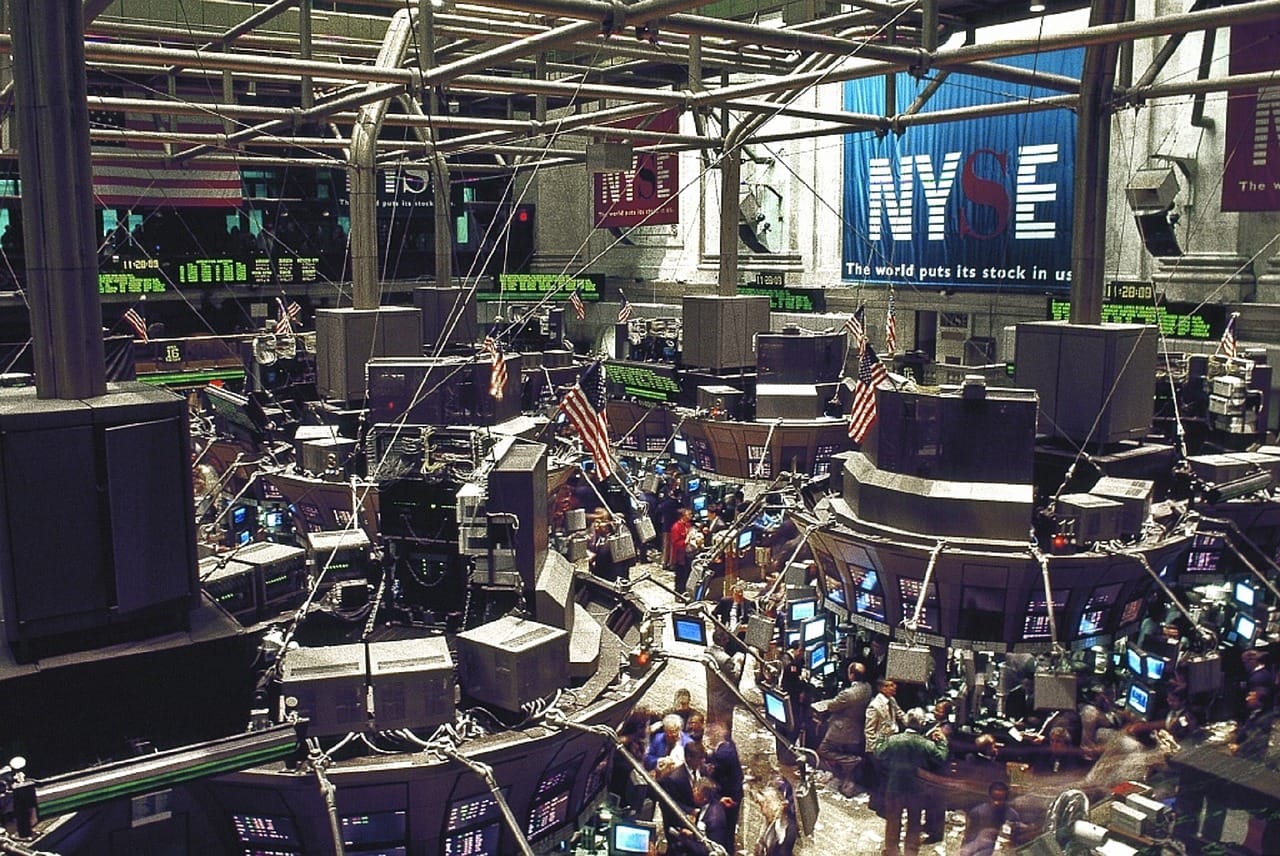
There are tons of 3D print-related companies in existence, but relatively few that you can easily invest in. But should you?
Virtually all 3D print companies are privately owned, meaning their shares are held by a small cabal of founders, angel investors and perhaps a few others. There is effectively zero opportunity for you to get in on the project unless you “know someone”, even if you believe the company is going to explode.
A good case of this would be Desktop Metal, who have developed what appears to be a fantastic system for inexpensive 3D metal printing, usable by a much wider audience than the current set of available 3D metal printing equipment. You’d think they would be on track, at least in theory, to make a huge profit from massive sales of their gear to industry.
Perhaps that’s true. But if you believe that, can you invest in them?
Nope. Desktop Metal is entirely privately held. Yes, there are a number of corporate investors who have placed large sums with the firm in no less than FIVE large series of investment rounds, totaling now well over USD$200M. But you’d have to be associated with one of those investment firms to participate.
For the rest of us, the only option to consider is a publicly traded company on a stock market. And there’s not a lot to choose from. As far as I can tell, these are your options.
- 3D Systems Corporation (NYSE:DDD) Well known “founding” company in 3D printing
- Stratasys, Ltd. (NASDAQ:SSYS) The other “founding” company in 3D printing
- ExOne Co (NASDAQ:XONE) Maker of large scale 3D printers for casting
- Voxeljet AG (NYSE:VJET) Maker of very large scale 3D printers
- Autodesk, Inc. (NASDAQ:ADSK) Well known producer of many 3D software tools
- HP Inc (NYSE:HPQ) – Also very well known, but 3D printing is a tiny part of their business
- Proto Labs Inc (NYSE:PRLB) – A growing 3D print service bureau
- Sigma Labs Inc (NASDAQ:SGLB) Producers of 3D metal printing equipment and related software
- Tinkerine Studios Ltd (CVE:TTD) – A small producer of desktop 3D printers for education
- Materialise NV (NASDAQ:MTLS) Long-time European-based 3D print service
- Heritage Printing (OTCMKTS:HAGE) Makers of the Tiko desktop 3D printer
- Renishaw plc (LON:RSW) – Large engineering company with 3D metal printing capabilities
- Trimble Inc (NASDAQ:TRMB) Makers of SketchUp, a popular 3D modeling tool
- Groupe Gorge SA (EPA:GOE) Owners of PRODWAYS, a producer of large scale 3D printers
- General Electric Company (NYSE:GE)A conglomerate, but one of their fastest growing operations is 3D metal printing
- Dassault Systemes SE (EPA:DSY) – Producers of Solidworks, a very popular 3D modeling tool for engineering
- PTC Inc (NASDAQ:PTC) Producers of PTC Creo, another 3D modeling solution
- Siemens AG (OTCMKTS:SIEGY)- Large company that is integrating 3D printing into manufacturing workflows
- ANSYS, Inc. (NASDAQ:ANSS) Makers of Spaceclaim, another well known 3D modeling solution for engineers
- ARC Group WorldWide Inc (NASDAQ:ARCW) A manufacturing firm that also happens to provide 3D metal print services
- Robo 3D Ltd (ASX:RBO) A startup company that makes a line of well known desktop 3D printers
There may be more, but that must be the majority of them. As you can see, there aren’t very many. And there are problems with this list.
The idea is that if you feel 3D printing is going to grow, these companies should all benefit and grow as well. While in principle this is true, the results may be quite different.
In some cases, (HP and GE especially), if they have an enormous boom in 3D printing, their stock price will not be significantly affected, as it would be only a slim part of their operations and not likely to change their bottom line very much. Alternatively, 3D Systems and Stratasys are affected directly, as we’ve seen lately. The software makers would be somewhere in-between.
And then there are the very small startups. You can tell these because their stocks are very lightly traded and sometimes on obscure markets. The idea of a stock market is that you can buy and sell stock at will, but in some of these cases the trading is so light you might NOT be able to sell your stock.
And of course, results of individual companies vary significantly. A negative technical development at one company could sink their stock for months or even years. There is no guarantee of anything here, and that’s the nature of the market. To invest you must have some level of confidence that your investment will at the least not shrink, and hopefully grow.
Do you invest in 3D print-related stocks?

